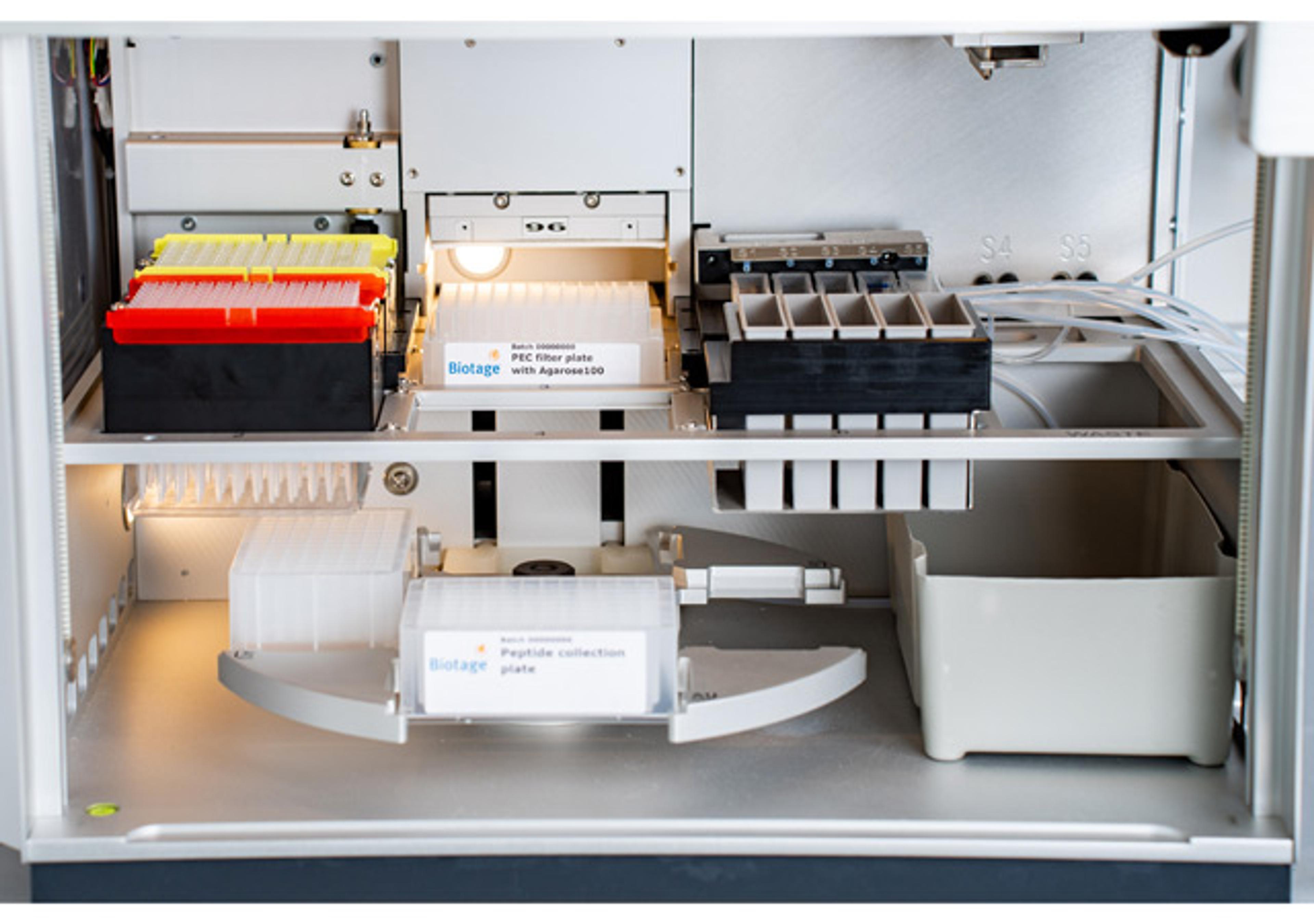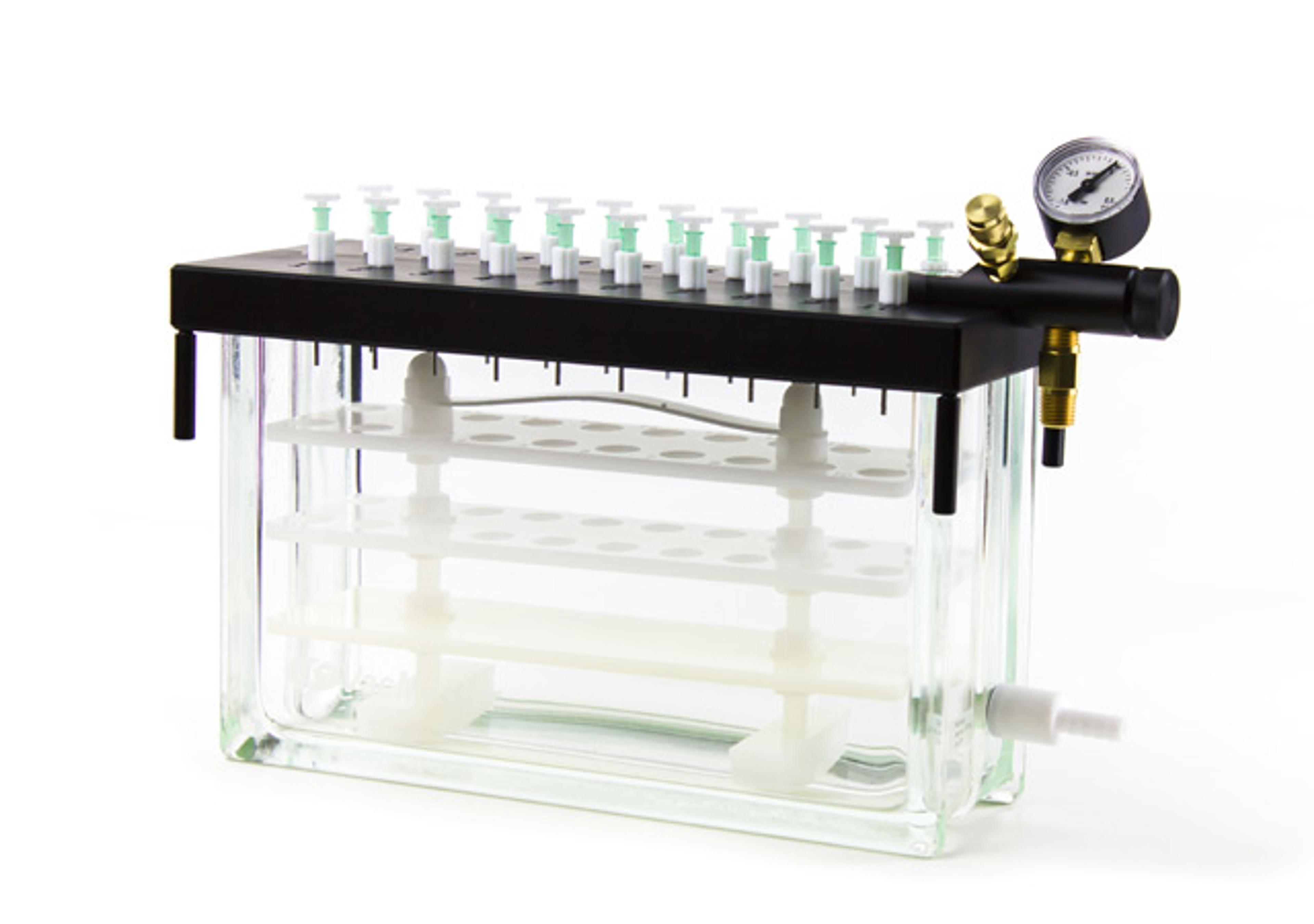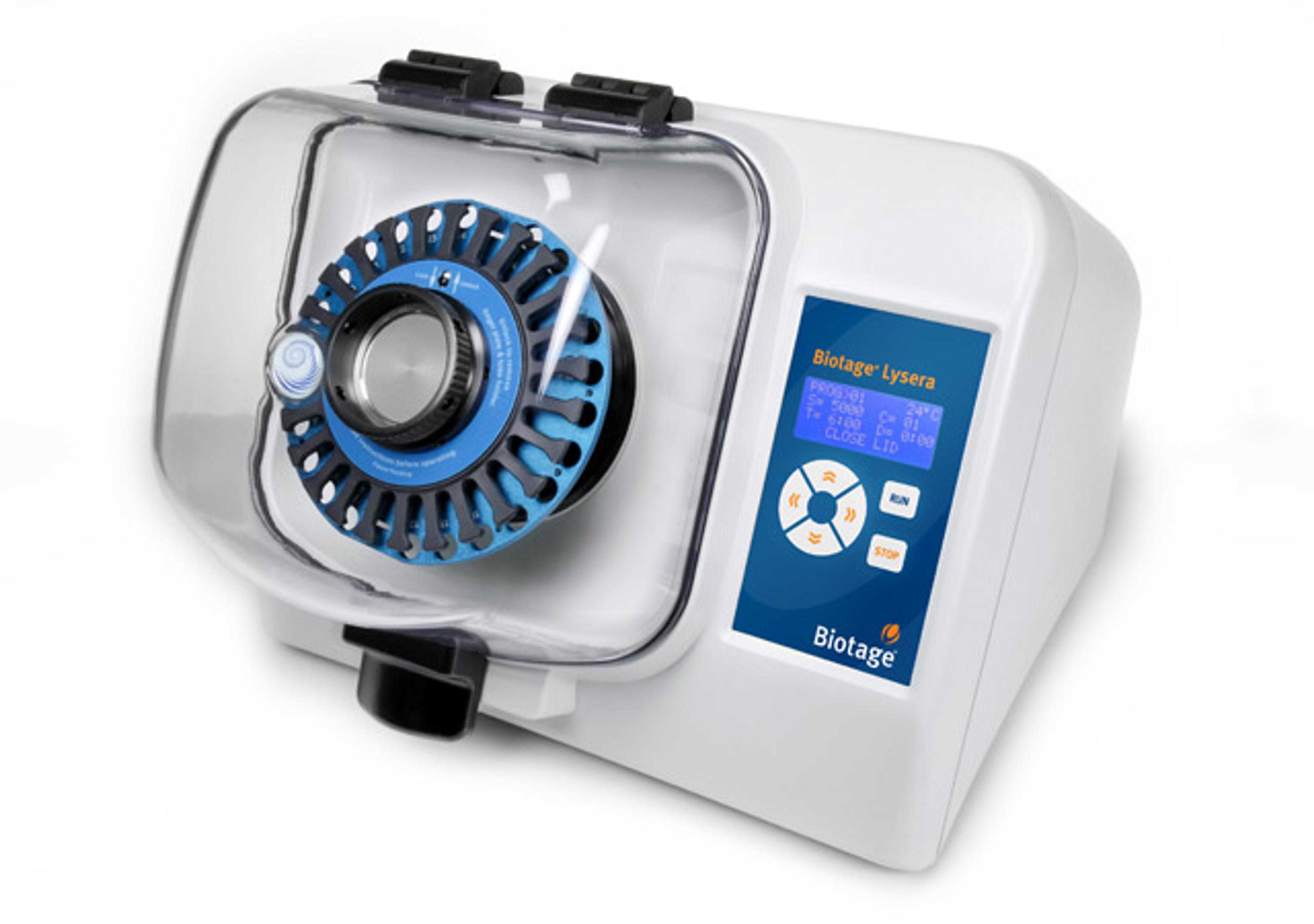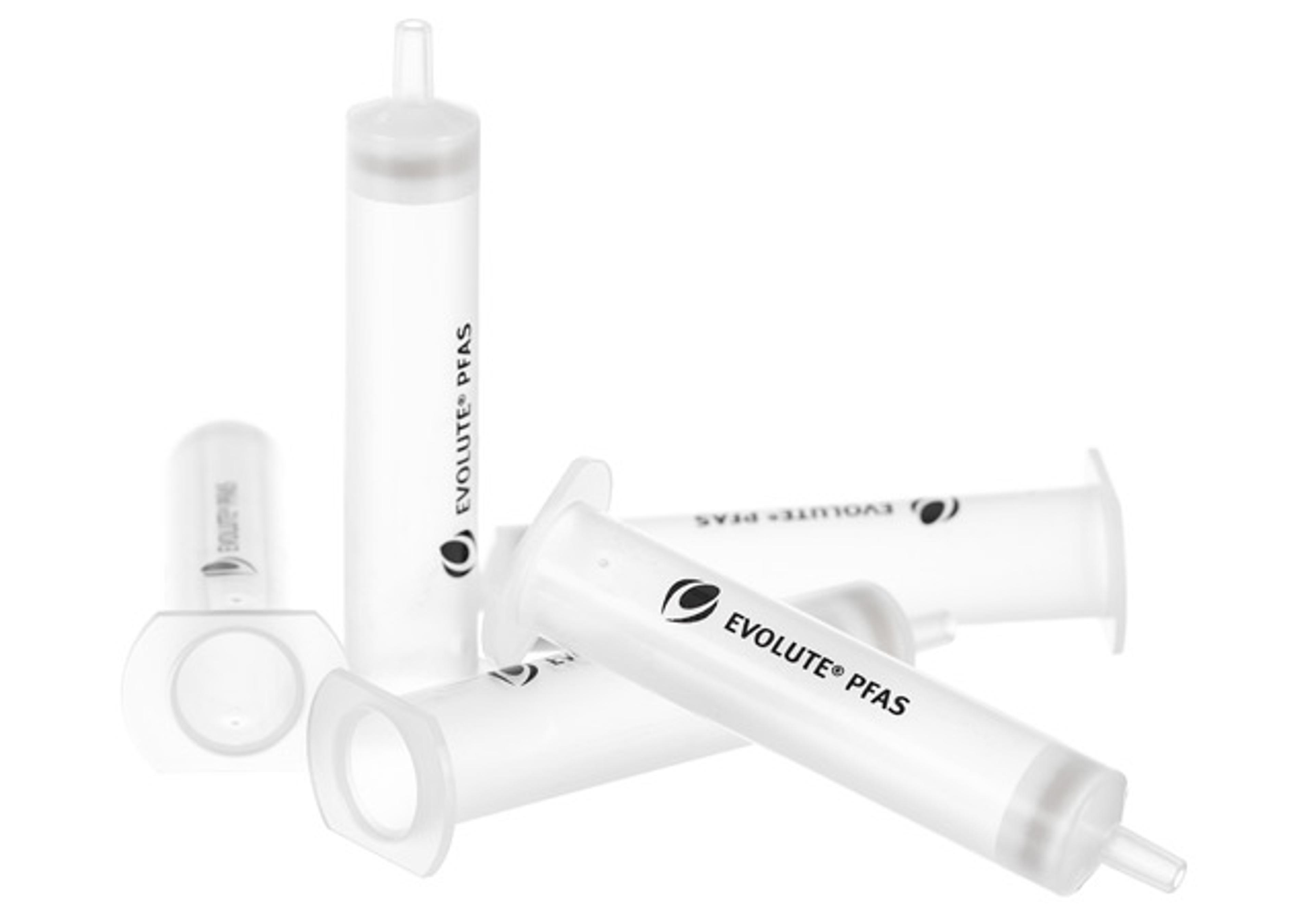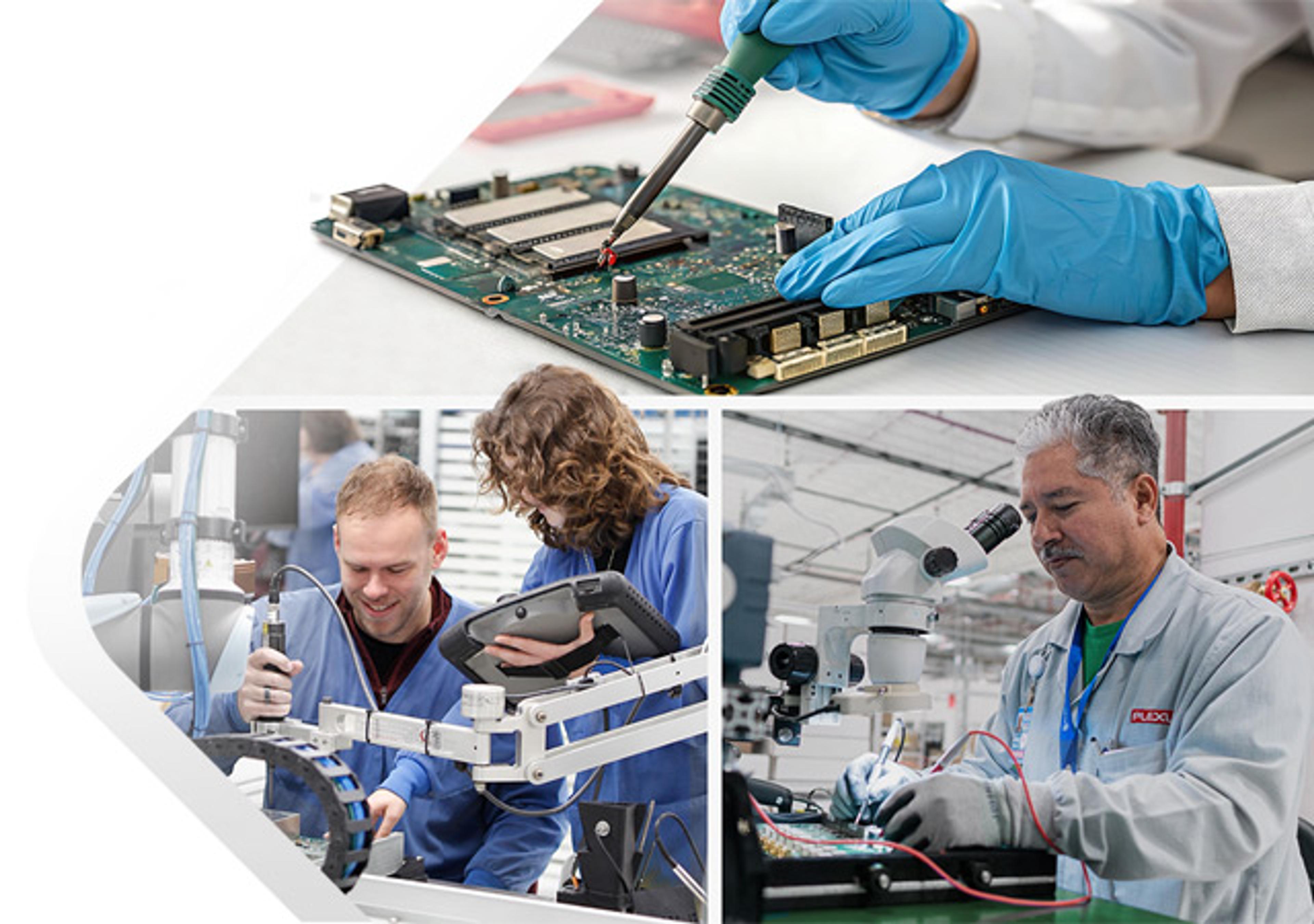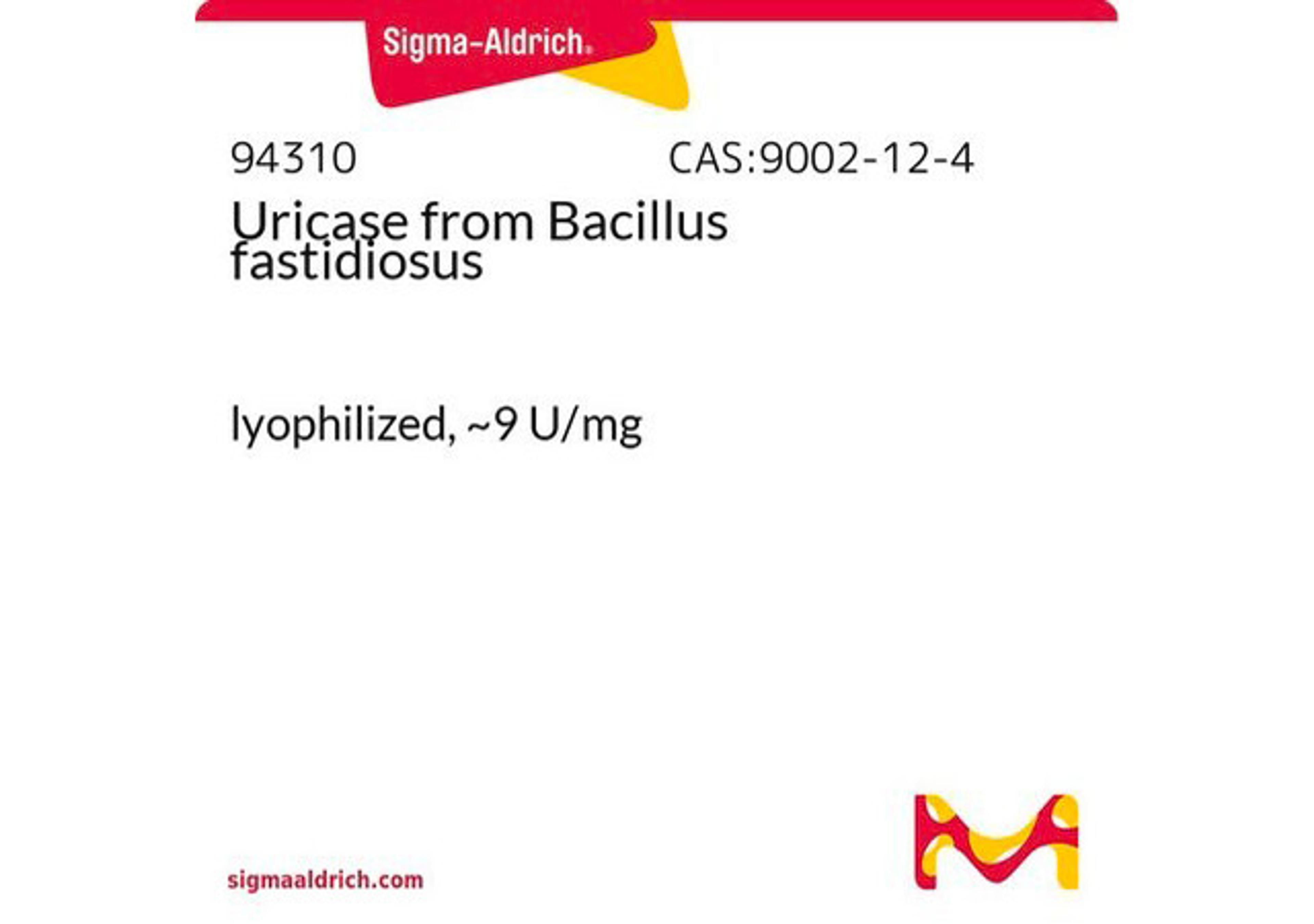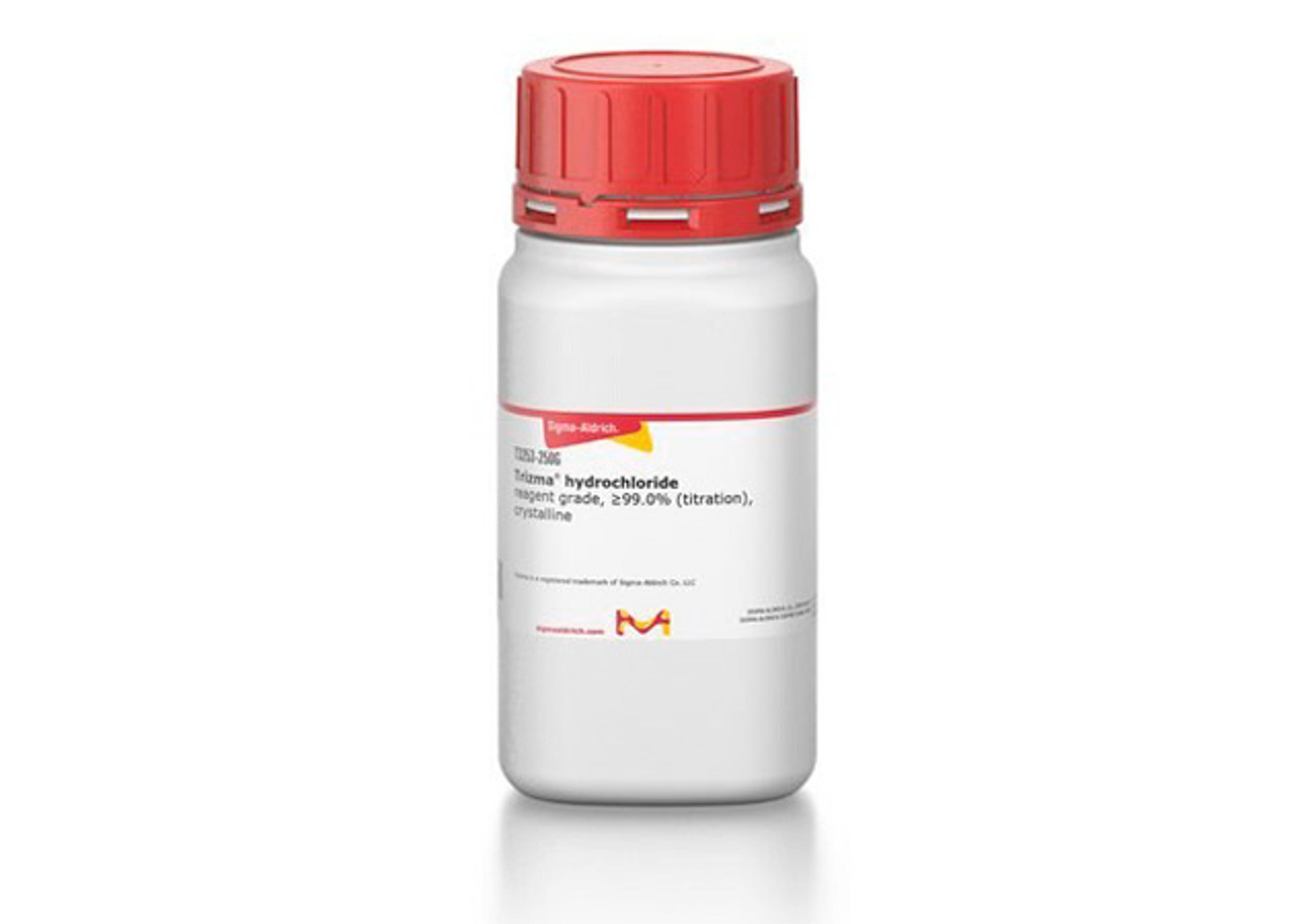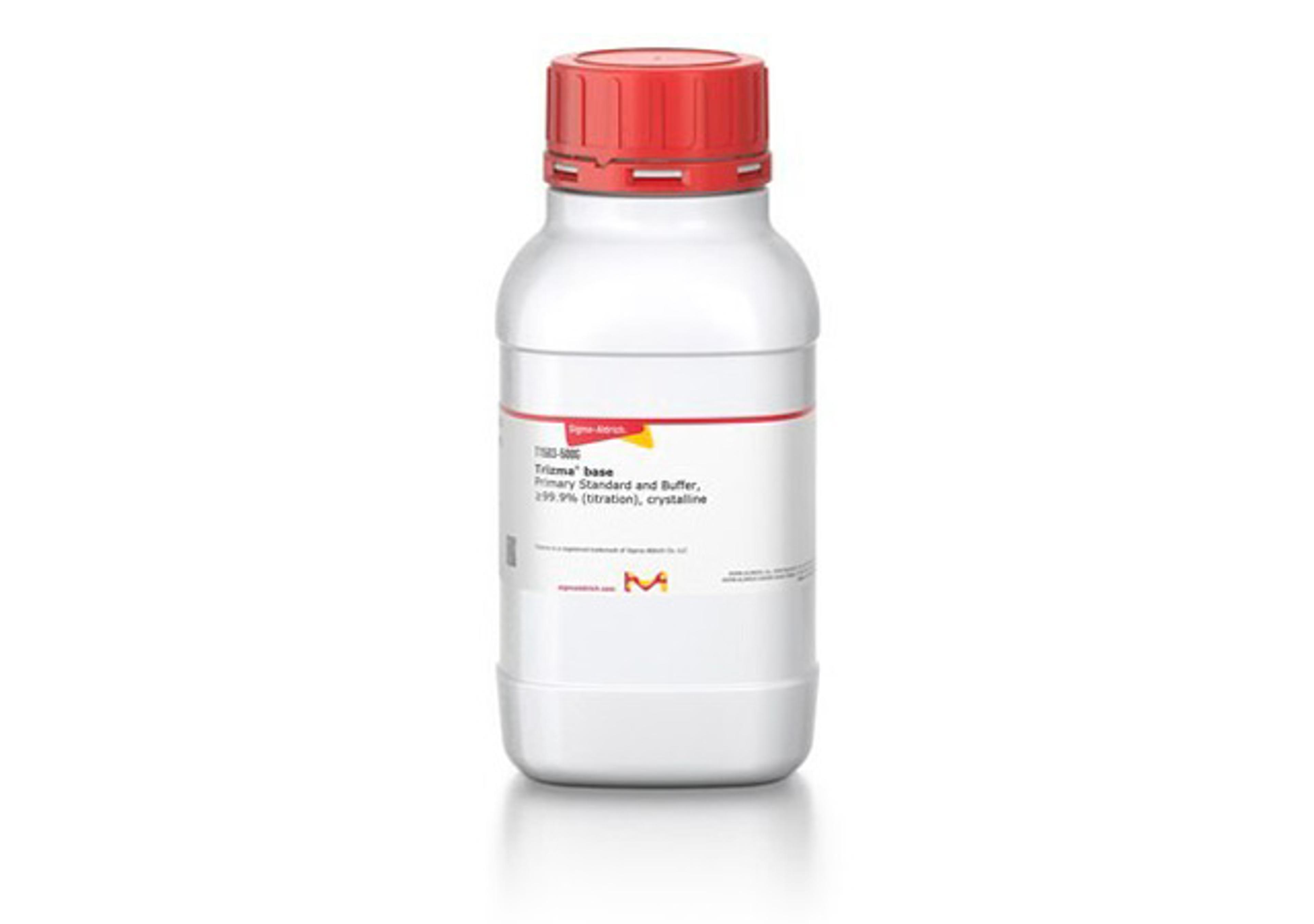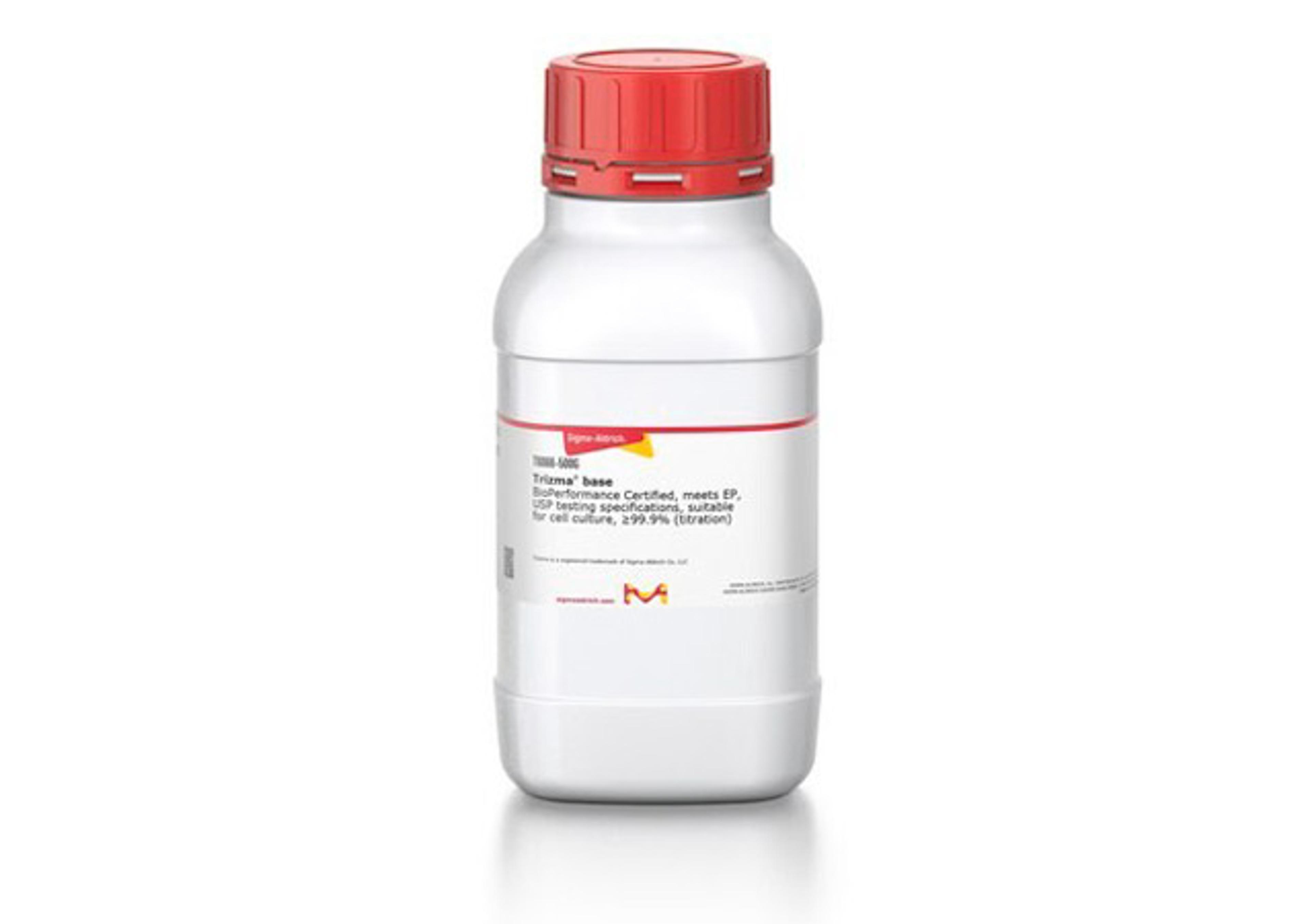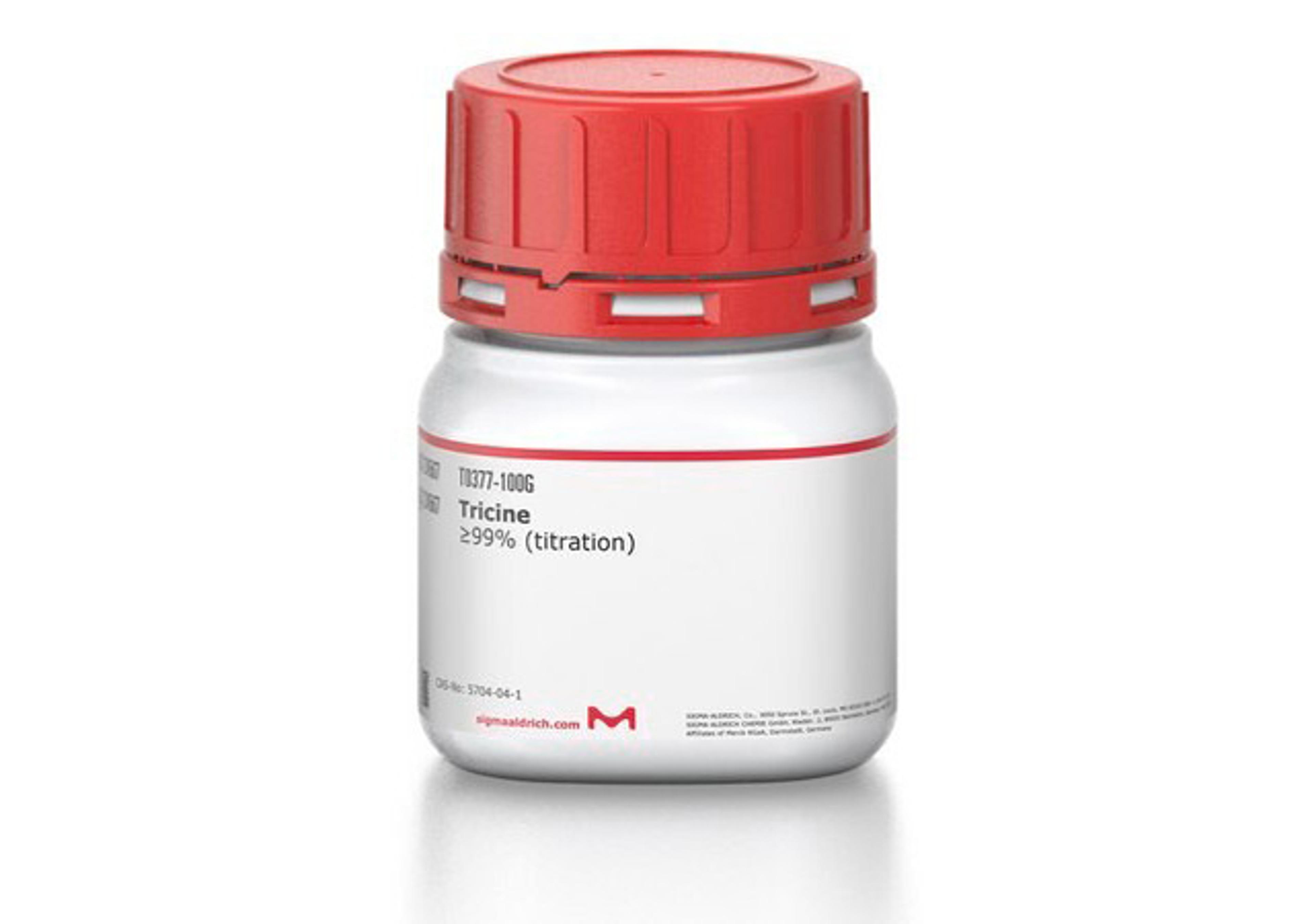rAPid Alkaline Phosphatase
New recombinant Alkaline PhosphataserAPid Alkaline Phosphatase is used to dephosphorylate 5' ends of DNA and RNA. Alkaline phosphatase treatment prevents self-ligation of fragments by removing the 5'-phosphoryl termini required by ligases; this feature is of major importance in cloning strategies to decrease vector background. rAPid Alkaline Phosphatase can also be employed to dephosphorylate proteins. Use rAPid Alkaline Phosp…
New recombinant Alkaline Phosphatase
rAPid Alkaline Phosphatase is used to dephosphorylate 5' ends of DNA and RNA. Alkaline phosphatase treatment prevents self-ligation of fragments by removing the 5'-phosphoryl termini required by ligases; this feature is of major importance in cloning strategies to decrease vector background. rAPid Alkaline Phosphatase can also be employed to dephosphorylate proteins.
Use rAPid Alkaline Phosphatase in numerous applications, including:
- Removal of 5'-phosphoryl groups from nucleic acids
- Preparation of templates for 5'-end labeling
- Clean-up of PCR products by removal of dNTPs
- Dephosphorylation of proteins
Benefits
- Eliminate contamination risk: Recombinant expression, and reliable and sensitive quality control tests ensure high purity.
- Replace your current phosphatases with an economical solution: rAPid Alkaline Phosphatase performs equally as well as Shrimp Alkaline Phosphatase or Bovine Alkaline Phosphatase.
- Eliminate the risk of animal-derived diseases: Expression in Pichia pastoris ensures consistency and safety.
- Benefit from rapid heat inactivation: rAPid Alkaline Phosphatase is inactivated after only 2 minutes at +75°C.
- Obtain consistent performance: rAPid Alkaline Phosphatase has excellent stability during storage compared to other alkaline phosphatases.

